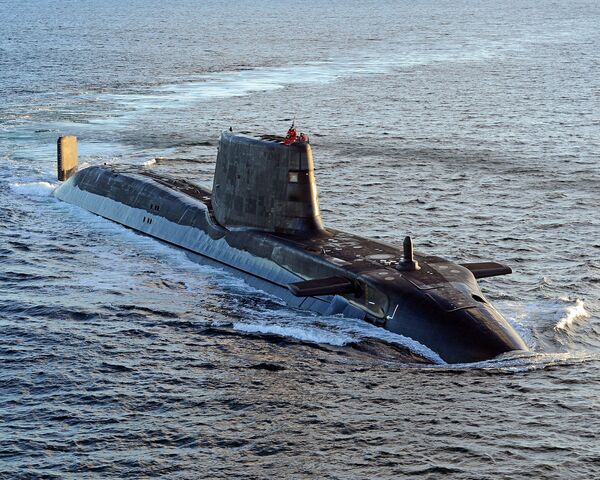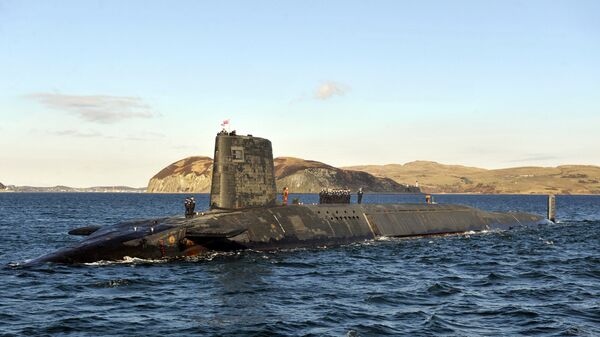Pentagon officials have leaked the UK’s commitment to buying a new generation of nuclear warheads to replace domestically made Tridents, a process that is expected to cost a whopping £31 billion ($40 billion).
Speaking at a Senate hearing last week, Strategic Command Admiral Charles Richard said that there was a requirement for a new warhead called the W93 or Mk7 in the US.
He added that “this effort will also support a parallel replacement warhead programme in the United Kingdom, whose nuclear deterrent plays an absolutely vital role in NATO’s overall defence posture”.
Richard was echoed by Alan Shaffer, the Pentagon’s deputy undersecretary of defence for acquisition and sustainment, who told a nuclear deterrence summit earlier this month that he thinks “it’s wonderful that the UK is working on a new warhead at the same time” and that London and Washington “will have discussions and be able to share technologies”.

The remarks followed the UK Ministry of Defence (MoD) stating during an annual update to parliament in late December that they are working on replacing the Trident warheads.
“We have a strong defence relationship with the US and will continue to remain compatible with the US Trident missile. An announcement about the UK’s replacement warhead programme will be made in due course”, the MoD pointed out.
Acting leader of the Liberal Democrats Ed Davey has, meanwhile, condemned the government’s move to give the green light to “the development of new nuclear weapon technologies with zero consultation and zero scrutiny”, slamming it as "unacceptable".
“Britain under Johnson increasingly looks like putty in Trump’s hands. That Britain’s major defence decisions are being debated in the United States, but not in the UK, is a scandal. Under Johnson, it seems that where Trump leads, we must follow,” Davey was cited by The Guardian as saying.
The view was shared by David Cullen, director of the UK-based independent pressure group the Nuclear Information Service, who pointed to “the UK’s reliance on US knowledge and assistance for their nuclear weapons programme”.
It “means they [the UK] will find it almost impossible to diverge from any development path the US decides to take”, Cullen said, adding that London is “legally bound to take steps towards disarmament under the nuclear non-proliferation treaty, but that Britain’s Trident-related move “would take us in the opposite direction”.
UK Prime Minister Boris Johnson has long backed the replacement of the Trident nuclear weapons system, deployed at the UK Royal Navy’s Faslane submarine base in Scotland. The deterrent includes at least four Vanguard-class subs equipped with eight nuclear missiles.


